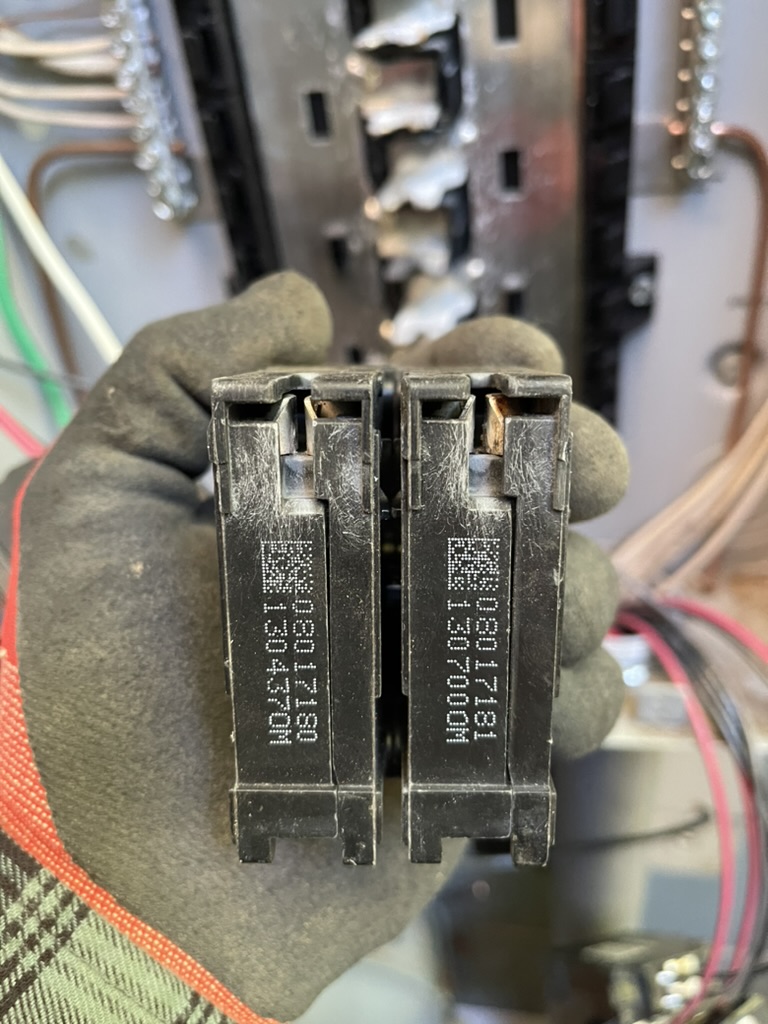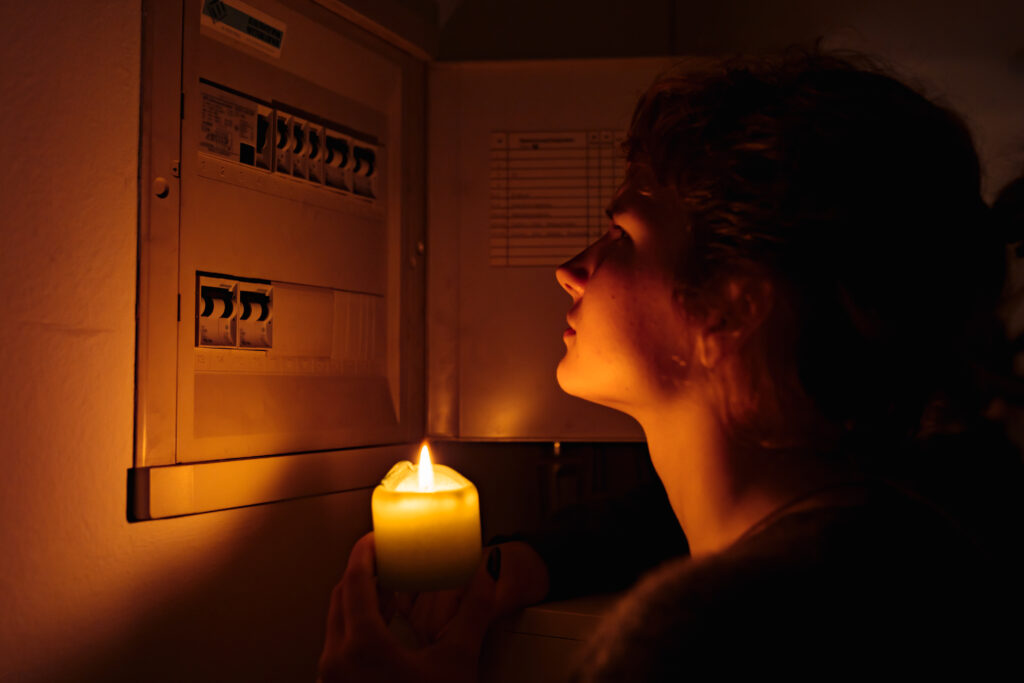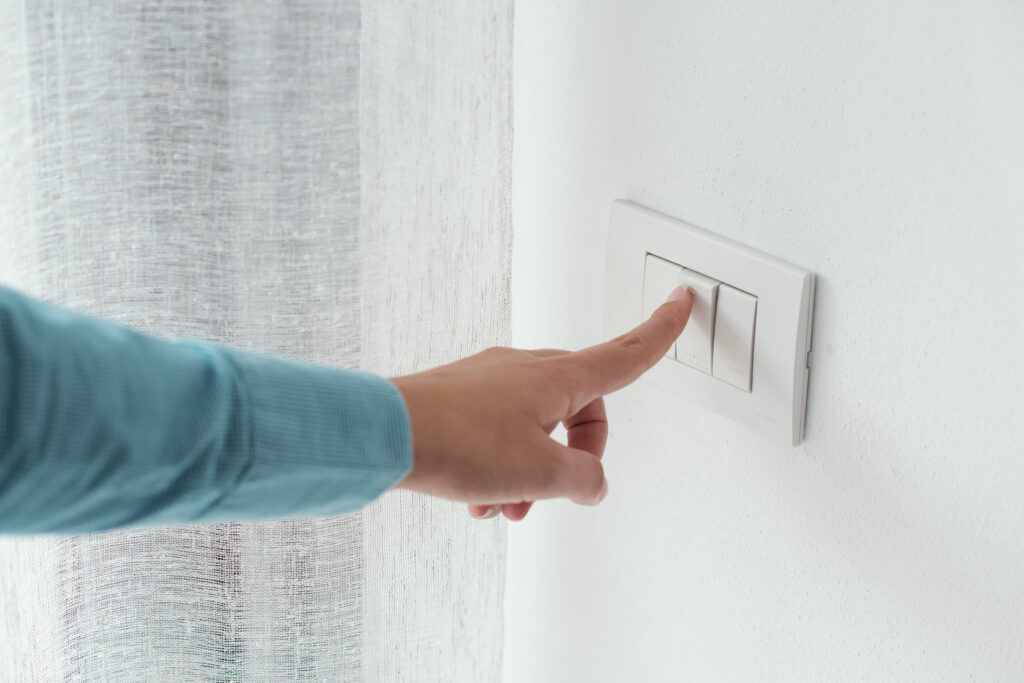What Is an Electrical Emergency?
Electrical problems are a fact of life for any homeowner. A lightbulb burns out, a circuit breaker trips when you run the microwave and the toaster at the same time, or an old outlet cover cracks. Most of these are minor inconveniences that can be addressed with a simple fix or a scheduled service call. However, some electrical issues are not minor at all; they are active, urgent, and potentially life-threatening emergencies that require immediate professional intervention.
Knowing how to distinguish between a simple problem and a genuine electrical emergency is a critical piece of safety knowledge for every homeowner. The temptation to “wait and see” or to attempt a quick DIY fix on a serious issue can have devastating consequences, including the risk of a catastrophic house fire or a severe electric shock. Understanding the clear and unambiguous red flags that your electrical system will send out is the key to knowing when you must stop what you are doing and call for immediate, 24/7 emergency service.
Burning Odors and Smoke
Your senses of smell and sight are your most powerful and primal alarm systems, and when it comes to electrical safety, they should be trusted without hesitation. The most urgent and non-negotiable sign of an electrical emergency is the presence of a burning odor that cannot be traced to any other source, or the sight of smoke coming from an outlet, a switch, or your electrical panel.

This is not the same as the smell of dust burning off your heater the first time you turn it on in the fall. An electrical burning smell is a distinct, sharp, and acrid odor, often described as smelling like burning plastic or hot wiring. This is the literal scent of an electrical component overheating to the point where its protective plastic casing or wire insulation is melting and scorching. This extreme heat is the immediate precursor to a fire, as it can easily ignite the surrounding wood framing, paper backing on drywall, or insulation hidden within your walls.
This situation requires an immediate and decisive response. If you can safely identify the source of the smell and it is a single appliance, you should unplug it immediately. If the smell is coming from an outlet, a switch, or is more generalized, you should go to your main electrical panel and shut off the breaker for that circuit. If you see any visible smoke, or if you cannot locate the source of the smell and it is getting stronger, your first and only priority is to evacuate everyone from the home. Once you are safely outside, call 911 to have the fire department respond, and then call for an emergency electrician. This is an active fire risk in progress.
Buzzing, Sizzling, or Popping Noises
Your home’s electrical system is designed to operate in complete silence. The only sounds you should ever hear are the gentle and familiar clicks of a light switch being flipped. If you begin to hear any other persistent noises coming from your outlets, switches, light fixtures, or, most alarmingly, from your main electrical panel, it is a clear auditory signal of a dangerous condition known as an arc fault.
An arc fault is essentially electricity that is not behaving correctly. It occurs when a wire connection becomes loose or damaged, and the electrical current is forced to jump across a tiny gap in the circuit, much like a miniature bolt of lightning. The sizzling, buzzing, or crackling sound you are hearing is the sound of this electrical arc.
The extreme danger of an arc fault is the intense heat it generates. An electrical arc can reach temperatures of several thousand degrees Fahrenheit, which is more than hot enough to instantly ignite any nearby combustible materials. A loose wire connection behind an outlet or in a junction box inside your wall can easily smolder and start a fire that can spread undetected until it is a major, life-threatening blaze. A loud pop, followed by a loss of power, can also indicate a short circuit. If you hear any of these sounds, you should immediately stop using the affected device or circuit and call a licensed electrician to locate and repair the dangerous, loose connection.
A Shock to the System
This is another absolute, non-negotiable red flag that requires an immediate call to a professional. There is no such thing as a “normal” or “acceptable” electric shock from any appliance, switch, or even a water faucet in your home.
The experience can range from a faint but distinct tingling sensation when you touch a metal appliance to a sharp, painful “zap” from a light switch. Any such event is a definitive sign that your electrical system has a ground fault and is not properly grounded. A ground fault means that electricity is “leaking” from its intended path and is energizing a metal surface that you can touch. When you make contact with that surface, your body becomes the path for that electricity to travel to the ground. The cause could be faulty wiring within the appliance itself, a problem with an outlet, or a more serious, system-wide issue with your home’s grounding system.
It is essential to understand that even a small shock is a dire warning. The very next time that same fault occurs, the conditions could be different—you might be standing on a damp floor, or you might have a better connection to a ground source—and that shock could be fatal. The risk is especially high in the damp and humid environment of the Felton area and the Santa Cruz Mountains. If you or a family member experience a shock from any device in your home, you should immediately stop using it, unplug it if you can do so safely, and call a licensed electrician for emergency service to trace and eliminate this life-threatening hazard.
Total or Partial Power Loss
A loss of power to your home is not always an emergency that requires an electrician. The first thing you should always do is to check if your neighbors have also lost power. If they have, it is a utility-side outage, and your only course of action is to contact your power company and wait for them to make repairs.
However, a power loss becomes a personal electrical emergency if it is isolated to your home alone. If your neighbors have power but your entire house is dark, the problem is likely between the utility’s connection and your main electrical panel. The first place to check is your main circuit breaker, which is the large breaker at the very top of your panel. If it has tripped, you can try to reset it once. If it will not reset or trips again immediately, you have a serious problem that could be a failure of the main breaker itself or a major short circuit somewhere in your home.

Another emergency scenario is when you lose power to a large portion of your house, such as the entire upstairs or a whole section of rooms. This can indicate that one of the two main “legs” of power coming into your home has failed. These are serious, system-wide failures that require the diagnostic expertise of a professional electrician to safely identify and repair.
Lose power frequently? Click to learn more about a panel upgrade.
The Dangerous Combination: Water and Electricity
This is one of the most dangerous and time-sensitive situations a homeowner can face. The moment that water comes into contact with your home’s electrical system, you have an immediate and severe risk of both electrocution and fire.
This type of emergency can arise from a number of scenarios. A burst pipe or a failed water heater can flood a basement or utility room where your main electrical panel is located. A severe roof leak during one of our winter storms can cause water to drip into a ceiling light fixture or down a wall and into an outlet. A backed-up drain can cause a ground-floor bathroom to flood.
In need of new outlets? Click here to learn more.
In any situation where you have standing water in your home near electrical outlets or your panel, your first and most important priority is your personal safety. Do not, under any circumstances, enter the standing water. The water could be energized, creating an invisible and deadly electrocution hazard. You should stay clear of the area and call for immediate emergency help. If possible and safe to do so from a dry location, you should shut off the main breaker to your home. The first call you should make is to a 24/7 emergency electrician who can assess the situation and safely disconnect the power.
Your home’s electrical system is a powerful and reliable servant, but it must be treated with respect. It will almost always provide clear warning signs when a dangerous condition is present. The smell of burning plastic, the sound of a buzzing outlet, the shock from a faulty appliance, or the dangerous combination of water and wiring are not minor issues to be placed on a future to-do list; they are urgent calls to action.
Click here to learn more about our emergency electrical services.
We encourage every homeowner in Felton and the greater Santa Cruz County area to prioritize their family’s safety above all else. Never take a “wait and see” approach with your electrical system. If you experience any of these critical warning signs, your next step should be an immediate call to a qualified professional. Contact the 24/7 emergency response team at Beach Electrical to ensure the problem is handled safely, correctly, and with the urgency it deserves.




